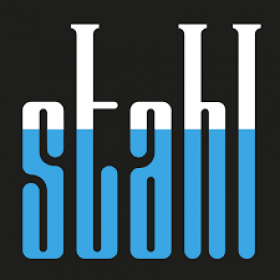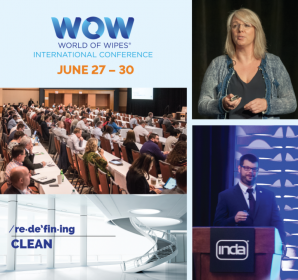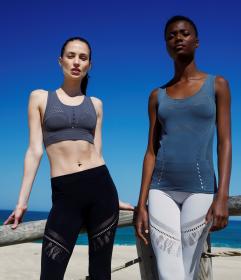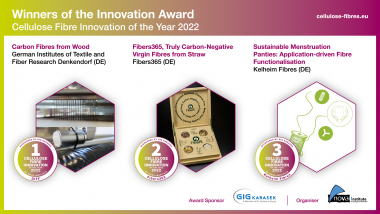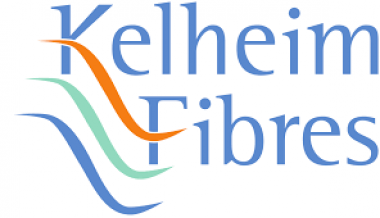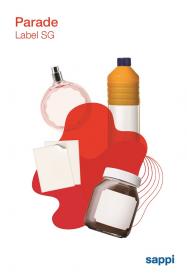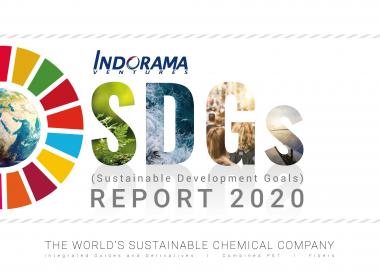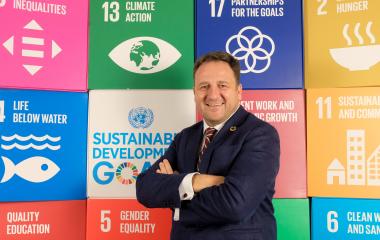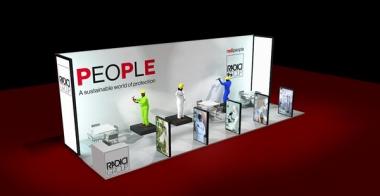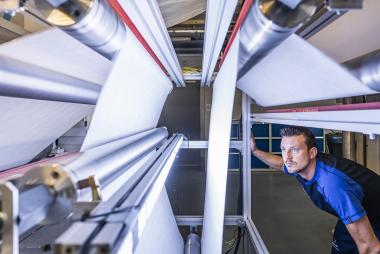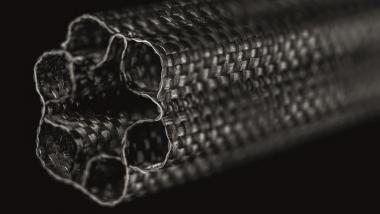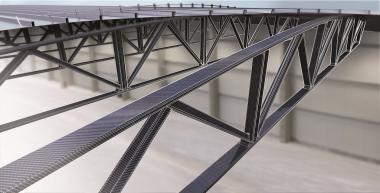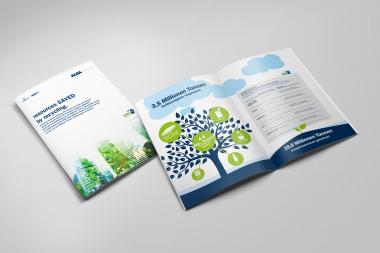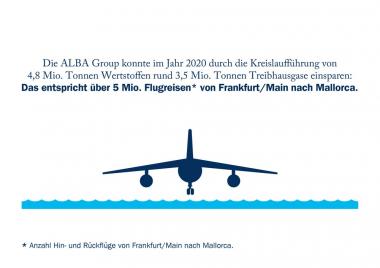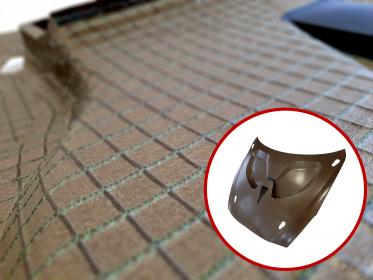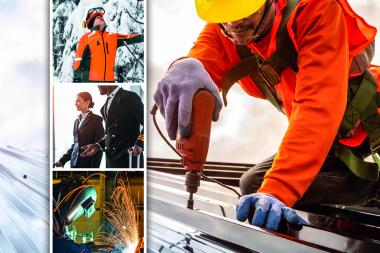Oerlikon Polymer Processing Solutions at Techtextil 2022
- Sustainable infrastructure solutions, road safety and health protection
At this year’s Techtextil, Oerlikon Polymer Processing Solutions will be presenting the trade audience with new applications, special processes and sustainable solutions focusing on the production of industrial textiles. Among other things, the company will be showcasing new technology for charging nonwovens that sets new standards with regards to quality and efficiency. Between June 21 and 24, the discussions will be concentrating on airbags, seat belts, tire cord, geotextiles, filter nonwovens and their diverse applications.
More polyester for airbags
Airbags have become an integral part of our everyday automotive lives. The yarns used in them are made predominantly from polyamide. As a result of increasingly diverse airbag applications and also the increasing size of the systems used, polyester is today used as well, depending on the application requirements and cost-benefit considerations. Against this background, the Oerlikon Barmag technologies make an invaluable contribution. In addition to high productivity and low energy consumption, they particularly excel in terms of their stable production processes. Furthermore, they comply with every high quality standard for airbags, which – as in the case of virtually all other textile products used in vehicle construction – must provide the highest level of safety for vehicle occupants. And all this without any loss of function in any climate and anywhere in the world for the lifetime of the vehicle.
Buckle up!
Seat belts play a decisive role in protecting vehicle occupants. They have to withstand tensile forces in excess of three tons and simultaneously stretch in a controlled manner in emergencies in order to reduce the load in the event of impact. A seat belt comprises approximately 300 filament yarns, whose individual, high-tenacity yarn threads are spun from around 100 individual filaments.
Invisible, but essential – road reinforcement using geotextiles
But it not just inside vehicles, but also under them, that industrial yarns reveal their strengths. Low stretch, ultra-high tenacity, high rigidity – industrial yarns offer outstanding properties for the demanding tasks carried out by geotextiles; for instance, as geogrids in the base course system under asphalt. Normally, geotextiles have extremely high yarn titers of up to 24,000 denier. Oerlikon Barmag system concepts simultaneously manufacture three filament yarns of 6,000 denier each. Due to the high spinning titers, fewer yarns can be plied together to the required geo-yarn titer in a more cost- and energy-efficient manner.
hycuTEC – technological quantum leap for filter media
In the case of its hycuTEC hydro-charging solution, Oerlikon Neumag offers a new technology for charging nonwovens that increases filter efficiency to more than 99.99%. For meltblown producers, this means material savings of 30% with significantly superior filter performance. For end users, the consequence is noticeably improved comfort resulting from significantly reduced breathing resistance. With its considerably lower water and energy consumption, this new development is also a future-proof, sustainable technology.
New high-tech Staple Fiber Technology Center
Extending to around 2,100 m2, Oerlikon Neumag in Neumünster is home to one of the world’s largest staple fiber technology centers. As of now, these state-of-the-art staple fiber technologies are also available for customer-specific trials.
The focus during the planning and the design of the Technology Center was on optimizing components and processes. Here, special attention was paid to ensuring the process and production parameters in the Technology Center system could be simply and reliably transferred to production systems. Here, the fiber tape processing line is modular in design. All components can be combined with each other as required. And comprehensive set-up options supply detailed findings for the respective process for various fiber products.
The Technology Center is also equipped with two spinning positions for mono- and bi-component processes. The same round spin packs are used for both processes, characterized by excellent fiber quality and properties and meanwhile very successfully deployed in all Oerlikon Neumag production systems. Furthermore, the spinning plant is complemented by automation solutions such as spin pack scraper robots, for example.
Oerlikon









